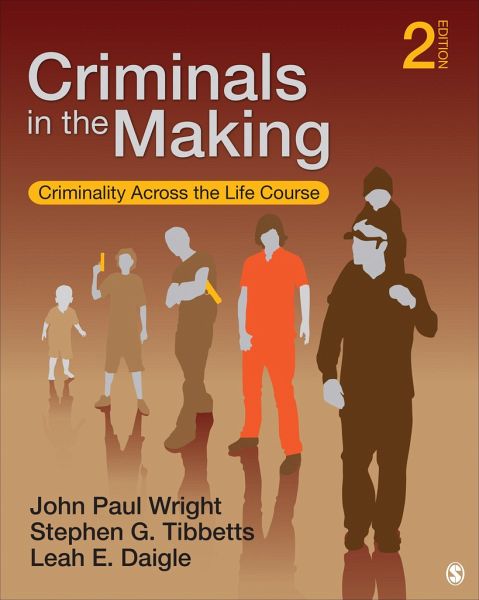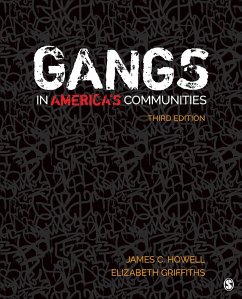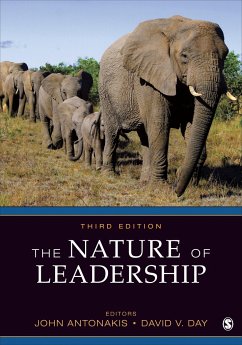Nicht lieferbar

Criminals in the Making
Criminality Across the Life Course
Versandkostenfrei!
Nicht lieferbar
Why do individuals exposed to the same environment turn out so differently, with some engaging in crime and others abiding by societal rules and norms? Why are males involved in violent crime more often than females? And why do the precursors of serious pathological behaviour typically emerge in childhood? This fascinating text addresses key questions surrounding criminal propensity by discussing studies of the life-course perspective-criminological research that links biological factors associated with criminality with the social and environmental agents thought to cause, facilitate, or otherwise influence a tendency towards criminal activity. The book provides comprehensive, interdisciplinary coverage of the current thinking in the field about criminal behaviour over the course of a lifetime. Additionally, it highlights interventions proven effective and illustrates how the life-course perspective has contributed to a greater understanding of the causes of crime.






